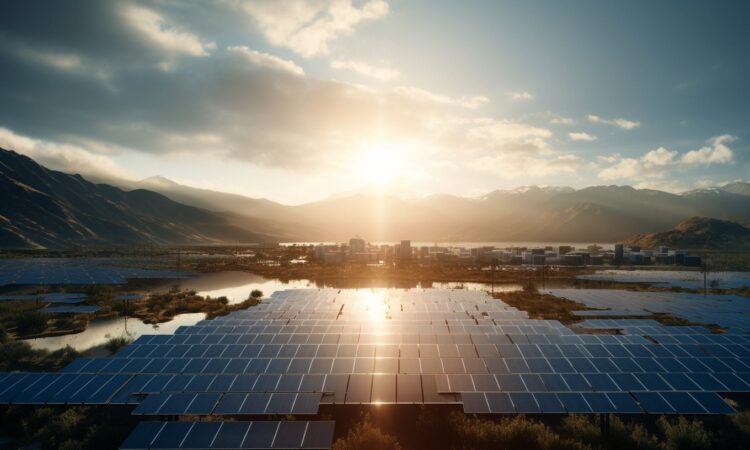
The World Bank is working in collaboration with the Nigerian government and private sector to finance the construction of 1,000 mini solar power grids in Nigeria, with the aim of tackling the country’s power deficit. Nigeria, with a population of over 200 million people, currently has a power generation capacity of 12,500 megawatts (MW), but is only able to produce a fraction of that. As a result, many households and businesses rely on petrol and diesel generators for electricity.
Mini grids are small-scale electricity generation units that can range in size from a few kilowatts to up to 10 MW, providing power to approximately 200 households. The World Bank has already funded the construction of nearly 150 mini grids in Nigeria, bringing electricity to communities that previously had no access.
According to World Bank President Ajay Banga, the goal is to expand the number of mini grids to 1,000. While no specific timeline was provided, Banga mentioned that hundreds of millions of dollars will be invested in achieving this target. The World Bank intends for its funding to serve as a subsidy, with the expectation that other stakeholders will also contribute.
Access to electricity remains a significant challenge in sub-Saharan Africa, with 568 million people still without power. The majority of these individuals reside in Africa, highlighting the urgent need for initiatives like the mini solar power grids in Nigeria.
By implementing mini grids, Nigeria can significantly improve access to electricity, ultimately improving the lives of its citizens and boosting economic growth.





